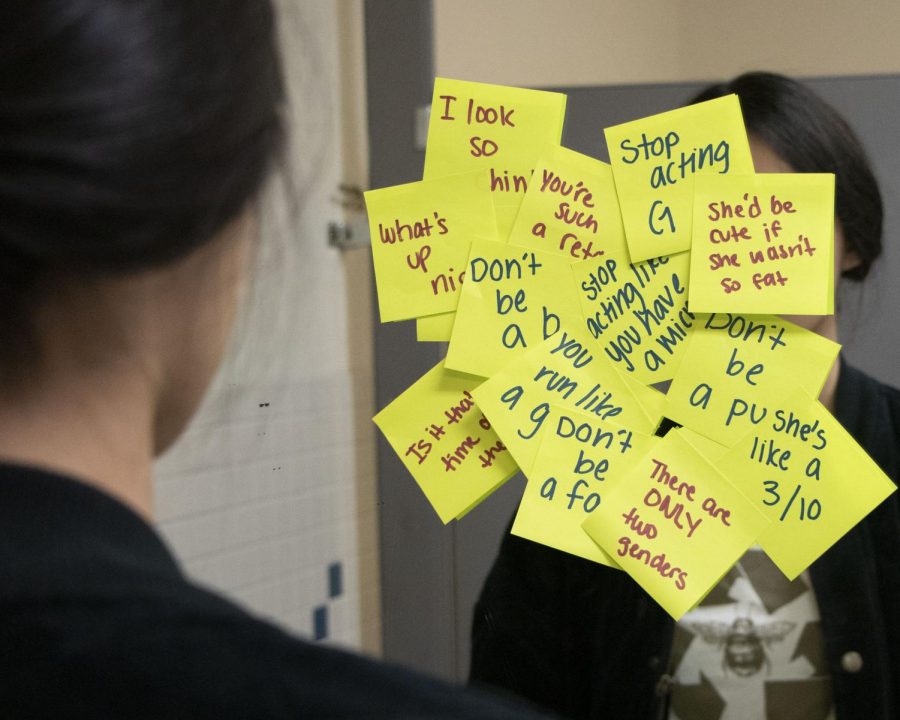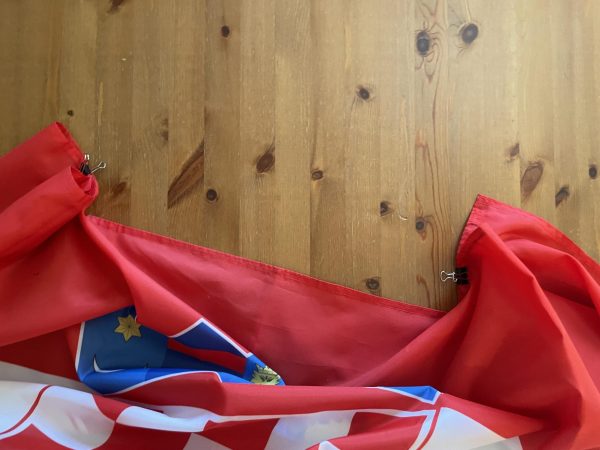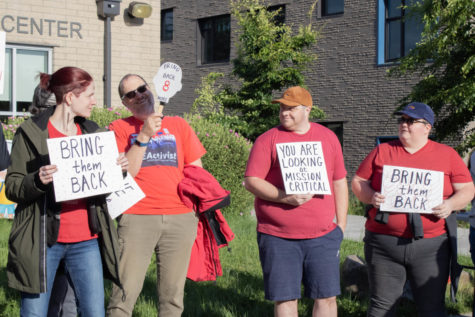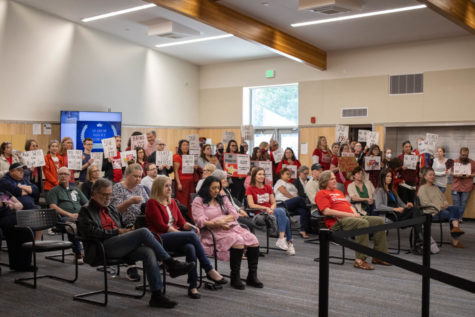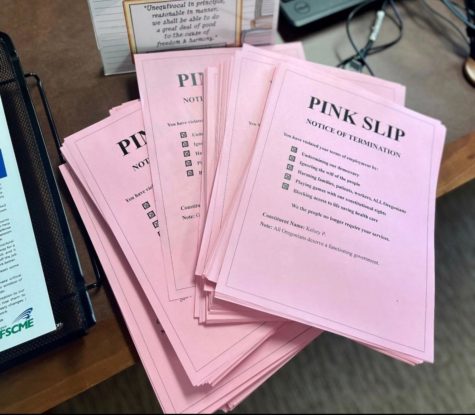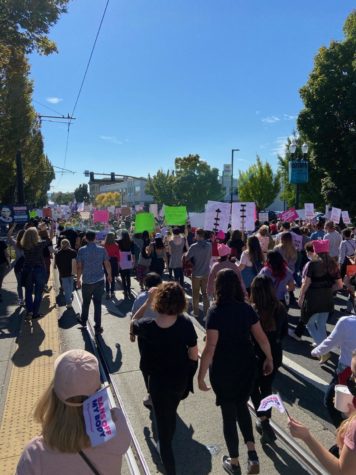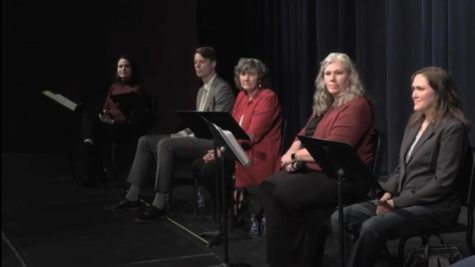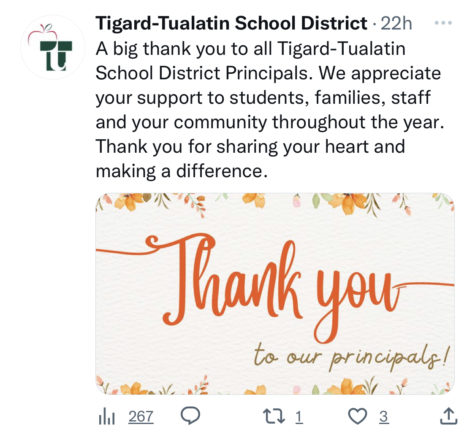This is The Voice … of Tigard
Unity Day on March 12 is just one of many ways the district and students have been trying to bring the community together
Sometimes students hear things in the hall that hurt, but the district hopes to address this issue. Rather than hiding incidents of hate speech, Tigard hopes to open a conversation.
March 11, 2020
Tomorrow marks Tigard High’s first Unity Day, representing a time to unify students and staff of all races, religions and sexualities. The day is designed to give students an opportunity to understand each other’s beliefs and stories—and it isn’t the first effort the school district has made to encourage awareness of diversity among the student body. Last semester the district held a voice meeting, furthering their effort to offer support to students and unify students with the school system.
The voice meeting took place at the Tigard District Office was open for students and staff to express their feelings on hate speech. Parents and students from elementary through high school came in to share their own accounts of hate speech.
Senior Katie Morales, who attended the meeting, wanted to share her personal experiences with hate speech. Before the voices meeting, she had found a club that helped her feel like she belonged. When she went to her first No Place for Hate meeting at school she felt welcomed and supported by being around people who had experienced similar situations like her. It gave her the confidence to share her experiences with hate speech at the district meeting.
“Everyone talked about situations they’ve been in where hate speech had affected them in a personal sense,” Morales said. “The meeting itself was very heavy, but it gave me the opportunity to be heard.”
The voice meeting was just as powerful for the administration. District Equity Coordinator Zinna Zun explained that the staff made an effort to empathize with students while trying to find solutions for the pain that they are going through.
Zun’s experience has shaped her plan of action. She saw the impact of hate speech being felt at all age levels and by many families—and some staff members too.
Zun worked together with Trauma-Informed Coordinator Alfonso Ramirez to plan the voice meeting. Over the summer, Ramirez and Zun set up meetings with parent partners who wanted to be a part of equity work in the district.
“What I experienced from [the equity team] is just how impactful it was for people, how much it really altered their lives, their ability to enjoy being a member of our community,” Ramirez said.
The Tigard- Tualatin school district’s parents worry that they are sending their students to unsafe schools. Knowing that their own kids are “different” impacts their learning at school. The district administration is having a difficult time finding a solution for the issue.
“For this to actually change, we need leaders, student leaders to be a part of this work, and I’m looking as we build committees, to address hate speech, and recruit student leaders to be a part of the Advisory Committee,” Zun said.
In June, soon after Zun began her role at the district, she visited Tigard’s Advanced Leadership class while they were having conversations about equity. She heard students in the class express concerns about the speech that they were hearing in the hallways. Through Zun’s previous work as building equity coordinator, middle school learning specialist, and volunteer district equity coordinator, she frequently connected with younger students and families.
“There have been a lot of conversations around how families are experiencing hate speech,” Zun said.
Morales shared a story about one of her many encounters with hate speech. At school during one of her classes, someone called her the N-word. Following the incident, she felt driven to take action, and attended the No Place for Hate meeting.
“It is a very big issue not a lot of people acknowledge, images mental health, for me it has happened multiple times this year at work and at school,” Morales said.
Administrators have a plan to create a solution, but the only way for it to work is with the help of students. Student leaders will act as a role model and help make decisions in a way that lets all students find solutions that fit best for them. Students, teachers, and administrators hope this ongoing process will be beneficial in the end. It is important that participants help develop a healthy environment for incoming and current students.


